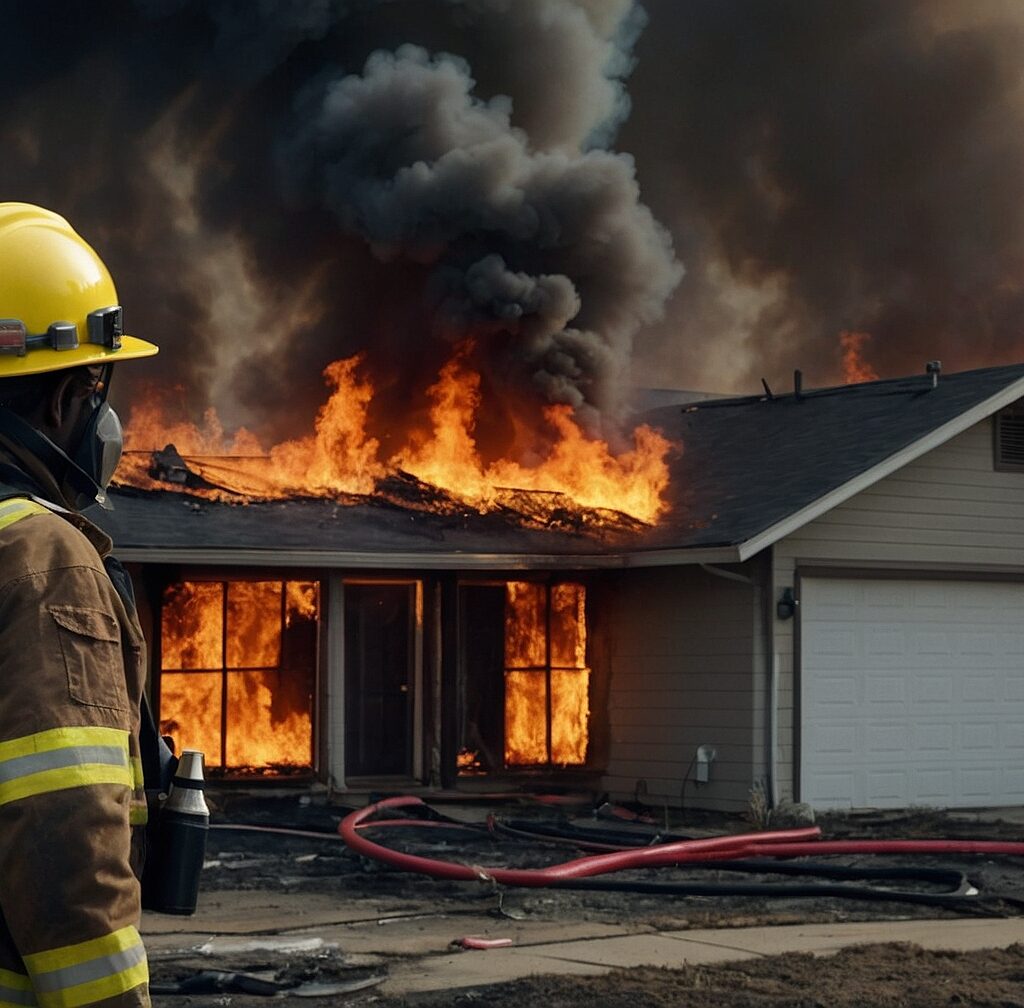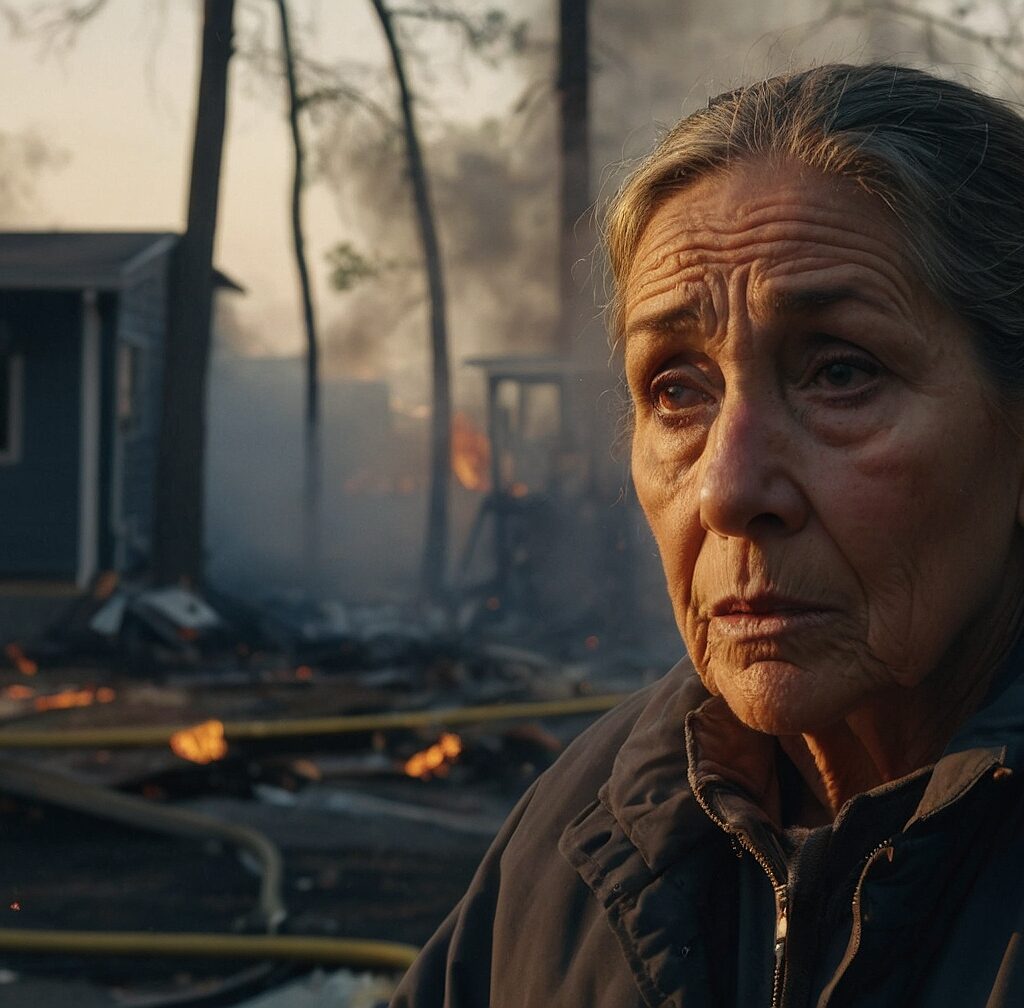
LA Strong Impact Scale
*Supporting Los Angeles residents, businesses, and workers impacted by the wildfires, with a commitment to uphold the right to adequate housing as recognized by the United Nations Human Rights Office of the High Commissioner and International Law.


15 Degrees of Impact
1st Degree
Profile: Unsheltered individuals who were living in tents or on the streets
and have now lost everything due to the fires.
– Resources/Support: No support system, savings, or access to emergency
services.
– Needs: Immediate shelter, basic necessities (food, water, clothing), medical
attention, and long-term housing solutions.
2nd Degree
Profile: Individuals staying in temporary shelters or transitional housing
that have been destroyed by the fires.
– Resources/Support: Minimal support system, limited access to services.
– Needs: Emergency housing, basic necessities, assistance with navigating aid
programs.
3rd Degree
-Profile: Renters in low-income housing who lost their homes and possessions
without renter’s insurance.
Resources/Support: Limited savings, no insurance, weak support network.
Needs: Temporary housing, financial assistance, help securing new housing,
employment support.
4th Degree
Profile: Renters in moderate-income housing who lost their homes; may have
basic renter’s insurance.
Resources/Support: Some savings, limited insurance coverage, minimal support
network.
Needs: Short-term housing, insurance claim assistance, replacement of
essential items.
5th Degree
Profile: Homeowners of primary residences without insurance whose homes have
been destroyed.
Resources/Support: Limited savings, no insurance payout, minimal support.
Needs: Financial aid for rebuilding, temporary housing, legal assistance.
6th Degree
Profile: Homeowners underinsured for the extent of their losses.
Resources/Support: Savings insufficient to cover the gap between insurance
payout and rebuilding costs.
Needs: Financial planning assistance, loans or grants, rebuilding support.


7th Degree
Profile: Small business owners who lost their businesses and income sources.
Resources/Support: May have business insurance; personal savings at risk.
Needs: Business recovery support, financial aid, counseling on sustaining
personal finances.
8th Degree
Profile: Individuals evacuated from their homes, which were destroyed, but
they have adequate insurance.
Resources/Support: Insurance coverage, moderate savings, limited immediate
access to funds.
Needs: Temporary housing, assistance with claims processing, emotional
support services.
9th Degree
Profile: Residents whose homes are damaged but not destroyed; habitable with
repairs.
Resources/Support: Insurance coverage, access to some resources.
Needs: Repair services, insurance claim assistance, temporary accommodations
if needed.
10th Degree
Profile: Evacuated individuals whose homes remain intact but cannot return
immediately due to area restrictions.
Resources/Support: Insurance, savings, possibly a support network.
Needs: Short-term accommodations, updates on area safety, support for
displaced living expenses.
11th Degree
Profile: Homeowners with secondary residences (e.g., investment properties)
damaged or destroyed.
Resources/Support: Insurance, additional assets, alternative income sources.
Needs: Property management assistance, financial planning, insurance claims
support.
12th Degree
Profile: Individuals experiencing loss of utilities and essential services
but homes are otherwise unaffected.
Resources/Support: Sufficient resources to relocate temporarily if
necessary.
Needs: Information on service restoration, temporary relocation assistance,
community support.


13th Degree
Profile: Residents with unaffected homes but impacted by smoke damage or
poor air quality.
Resources/Support: Adequate resources to manage health concerns, access to
air filtration solutions.
Needs: Health advisories, access to clean air facilities, preventative
health measures.
14th Degree
Profile: Individuals with substantial resources whose properties are within
fire zones but have not been directly affected.
Resources/Support: Ample savings, insurance, strong support networks.
Needs: Information on property safety, evacuation updates, security services
to monitor properties.
15th Degree
Profile: Homeowners with second or vacation homes within fire zones; primary
residence unaffected.
Resources/Support: Significant financial resources, comprehensive insurance.
Needs: Updates on property status, coordination with insurance and property
management.
**Note**: This scale is designed to capture a broad spectrum of individuals
affected by the fires, from the most vulnerable to those with significant
resources. The degrees consider both the **level of impact** (e.g., loss of
housing, evacuation) and the **available resources/support systems** (e.g.,
insurance, savings, social networks).
### **Key Considerations in Using the Scale**
– **Tailored Support**: Understanding where individuals fall on the scale allows
for customized assistance. For example, those in the lower degrees may need
immediate basic needs met, while higher degrees may require information and
coordination services.
– **Resource Allocation**: Helps in prioritizing resource distribution, ensuring
that aid reaches those who need it most urgently.
– **Awareness and Advocacy**: Highlights the varied impacts of disasters,
promoting empathy and support from the broader community

 Cart is empty
Cart is empty